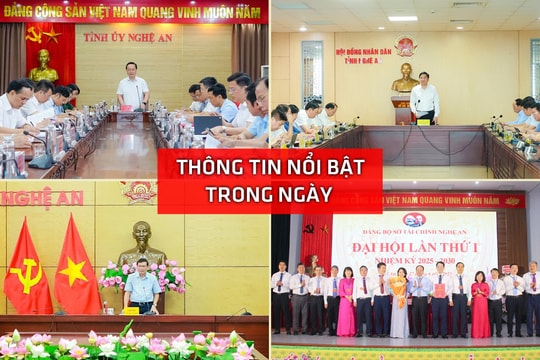Clean up from the anti-corruption team to keep trust for society
To keep the trust of society, there is no other way but to clean up from the anti-corruption team first.
The incident of a group of inspectors of the Ministry of Construction engaging in harassment while working in Vinh Tuong district, Vinh Phuc province has caused public outrage in recent days. Public opinion is outraged by the group of officials acting on their own, ignoring the requests and instructions of the Party, the General Secretary, and the Prime Minister on strengthening the handling and prevention of harassment, annoyance, negativity, and corruption among officials, civil servants, and public employees.
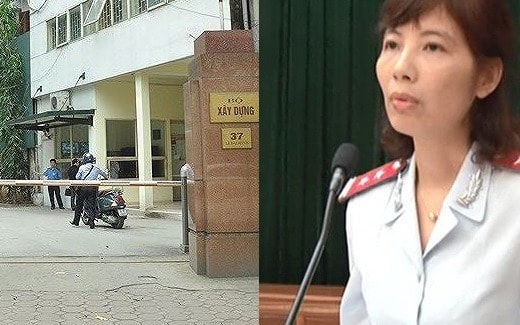 |
| Ms. Nguyen Thi Kim Anh, Head of the Ministry of Construction's inspection team in the suspected "money extortion" case in Vinh Phuc. Photo: phapluatplus |
Before this incident, at the end of April, the Thanh Hoa Provincial Police Department decided to prosecute and detain four inspectors of the province for four months. One of the four officers had threatened and blackmailed an agency in Thieu Hoa district and was caught red-handed by the police while receiving the money.
The Party and the State have been considering the fight against corruption as a regular, continuous, long-term, and especially important political task and using it as a criterion to evaluate the annual task completion of each agency and unit. However, the recent incidents have strongly impacted the people's trust in the fight against corruption.
The group of inspectors from the Ministry of Construction or the group of inspectors in Thanh Hoa province and other subjects that have not yet been exposed are making public opinion feel that they disregard the law, giving themselves the right to bully, extort, and harass in the name of those who enforce the law.
To maintain trust in society, there is no other way but to clean up the anti-corruption team first. Mr. Le Van Cuong, a National Assembly delegate of the 11th and 12th terms from the Thanh Hoa province delegation, one of the delegates who warned at the National Assembly forum about the need to fight corruption from anti-corruption agencies and officials working in inspection and examination, said that the case of the group of inspectors of the Ministry of Construction is a wake-up call. The Party and the State need to "lock up" the power of this force, ensuring that their performance of public duties must comply with the provisions of the law, and not be exploited to serve personal or group interests.
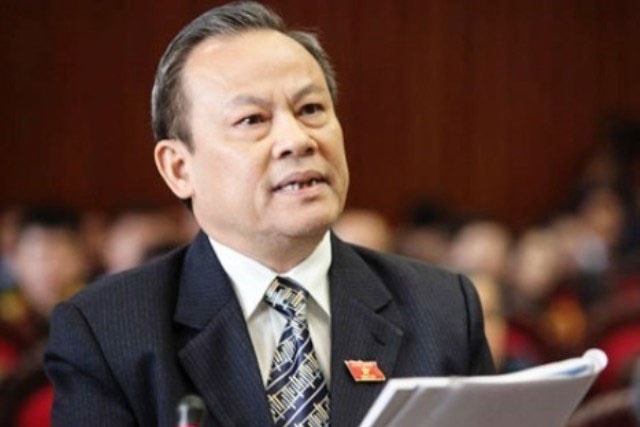 |
| Mr. Le Van Cuong spoke at the National Assembly forum. |
“It is unacceptable and impossible to allow the existence of “worms” in a force considered the “eyes and ears” of the Party, the “sword” to fight against internal invaders of the country,” Mr. Cuong expressed, and at the same time suggested that, to do this, it is necessary to step up monitoring, supervision, and strict handling, including the heads of inspection teams and inspection agencies, because this work has not received due attention for a long time. There have been cases that have been exposed and discovered, but the handling is clearly not enough to be a deterrent. Because there seems to be no solution while the law only provides general regulations. The key problem, according to Mr. Le Van Cuong, is that the regulations allowing supervision of the activities of inspection teams, inspectors, and inspection agencies are still lacking. That is the loophole that creates conditions for “worms” to exploit without being easily detected.
From his previous experience in inspection work, Mr. Duong Quang Phai, a former officer of the Central Inspection Committee, admitted that if he did not inspect, that would be fine, but wherever he touched, there were violations, just violations at different levels. Therefore, when the inspector came down to work, if he did it correctly, he had to conclude the unit's violations in order to correct them. If he was not correct, discovered violations, and then forced people to pay to ignore them, then both sides should be condemned.
“The above reality shows that anti-corruption people must have moral qualities. Along with that, inspection conclusions must be made public and there must be a mechanism to check those inspection conclusions to trace the responsibility of the inspection agency. Do not think that this is overlapping. Doing so not only correctly evaluates the inspection results but also evaluates the moral qualities and capacity of the inspection staff. However, for a long time, we have not paid attention to this issue. The inspection conclusions may be correct or not, but it is worth noting that no one is responsible for those conclusions afterwards,” Mr. Phai expressed his opinion, at the same time saying that, to have inspection staff with sufficient qualities and capacity, requires a process of review, evaluation, and use before arranging the right staff.
Purifying the anti-corruption team is the best way to maintain trust in society. For the inspection agency to truly be the Party's sword, it is necessary to build a team of inspection officers with both moral qualities and professional competence to promptly detect and strictly handle violators. Along with that, it is necessary to study and perfect the legal mechanism to strictly manage and supervise inspection power; promote the role and responsibility of the head of the inspection agency and the leader of the inspection team, avoiding the situation where subordinates violate but the head stays out of the game./.
On June 17, the Central Steering Committee on Anti-Corruption issued Official Dispatch No. 219-CV/BCĐTW to the Party Executive Committee, Party Delegation, and Party Committees directly under the Central Committee; and Provincial and Municipal Party Committees directly under the Central Committee, regarding the review, rectification, and strict handling of negative and corrupt acts in agencies and units with the function of preventing and fighting corruption. On the same day, the Prime Minister also signed Official Dispatch No. 724/CD-TTg on strengthening the prevention of negative and corrupt acts in public service activities. In particular, in the Official Dispatch, the Prime Minister requested to review, evaluate, promptly rectify, replace, and remove officials who lack the qualities and ethics, and have many public opinions about negative and corrupt acts in agencies and units with the function of preventing and fighting corruption, ensuring that those who directly work in these agencies must be truly honest and clean.

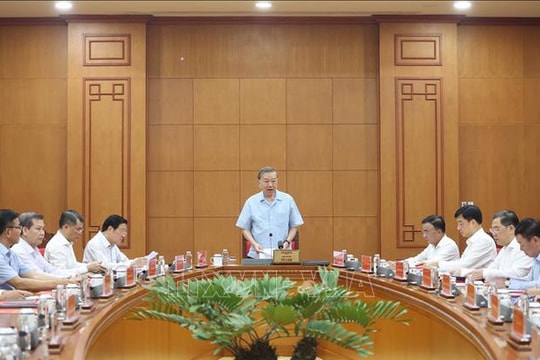
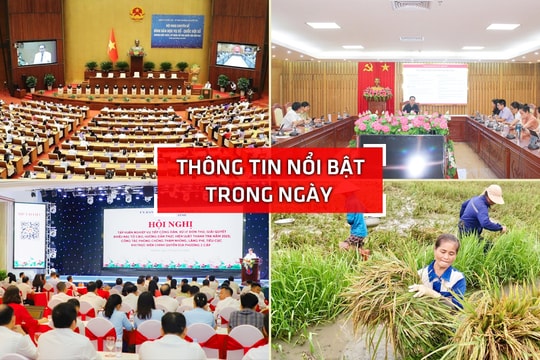
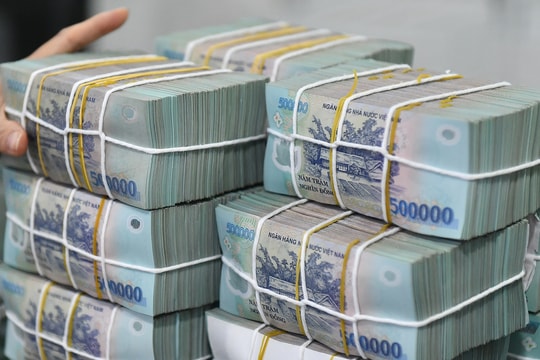

.jpg)

